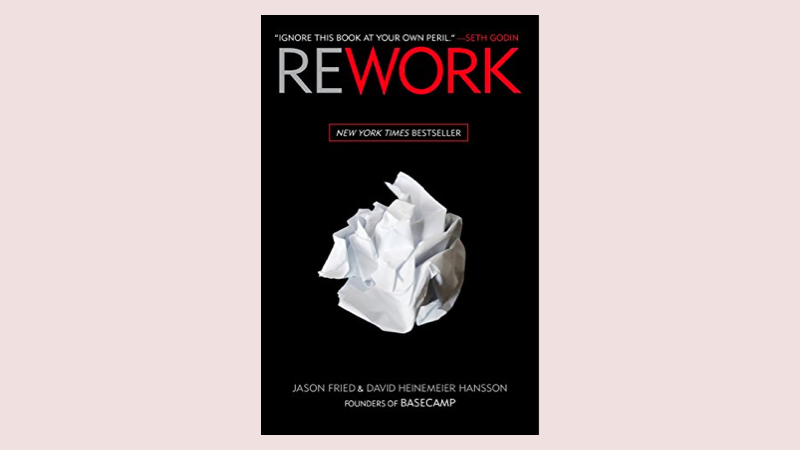Overload is something I’ve struggled with at work, particularly in management roles.
Here’s a fairly typical situation for me. I’d find myself running 7+ projects at once. Some were just kicking off, and others were close to being finished. Some of them were ‘paid’ projects for clients, while others were internal projects to improve our business.
Most of the projects were modest in scope. So on paper, I had enough capacity to juggle them all.
Unfortunately, ‘hours in the day’ is just one resource we have to think about when scheduling ourselves and other people.
Another important resource is ‘focus’. It’s a scarcer and more important resource than time.
While I might have had time for 7 small projects, I certainly didn’t have enough focus for them all.
Here’s the problem with situations like this: when you’re working on too many things at once, you end up shifting from one to the other, whenever a fresh issue pops up. This is also known as ‘context switching’.
Every switch slows you down – shifting your mind from the thing you were working on, to the new thing. And every switch saps some of your precious focus and attention.
This is why one of the core principles of project management techniques like Kanban and Agile is to limit the amount of ‘Work In Progress’, so people can focus. Less (at a time) actually is more.
When I was managing 7 projects at once, I became overloaded, and would end up shutting down. I was getting hardly anything done, and what I did get done was poor quality.
The book ‘Algorithms to Live By’ (Tom Griffiths and Brian Christian) presents a strategy for these scenarios. It goes against a lot of the other wisdom around impact and productivity.
The optimum strategy in this situation is not to prioritise your work using the traditional metrics of impact and urgency. Instead, you do the quickest and easiest tasks first.
“In these scenarios, don’t work harder, work dumber. Try working on anything you can to reduce your backlog, until you have a more manageable list of tasks to schedule”.
That’s what I did for a while. I tackled the projects that were easiest to complete and remove from my plate first. This wasn’t easy: I had to reject the requests associated with the other projects (which sometimes felt more important and urgent).
But it worked. I trimmed down my list of projects, and could then narrow my focus. That allowed me to prioritise my remaining work quicker, and get on with delivering.
The next time you’re feeling overloaded at work: try working dumber. Do the quickest and easiest things first for a while, and see if you can reclaim your focus.
Where to go next?
- Read our summary of Algorithms to Live By, by Brian Christian and Tom Griffiths
- Check out our Strategic Planning Toolkit, which provides a practical step by step process for creating clarity and focus within your organisation or team



